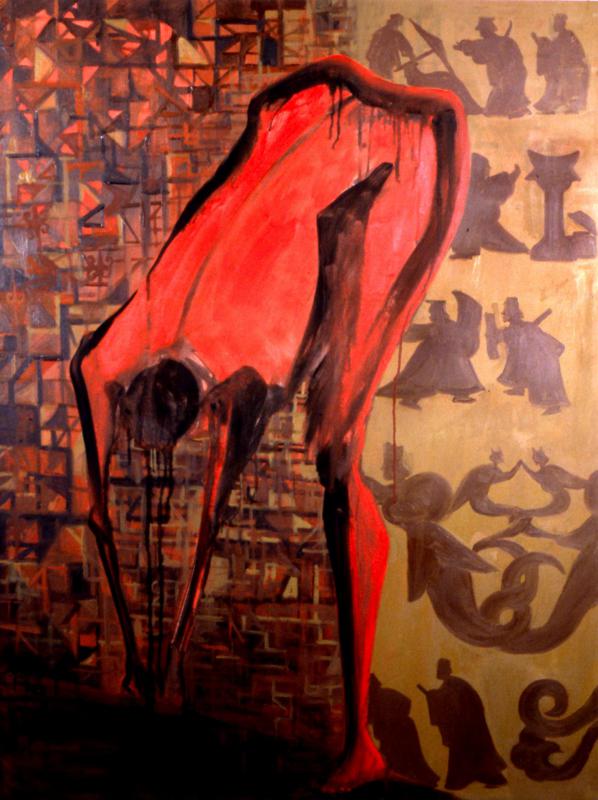Renaissances: imitation and emulation, translation and appropriation, rebirth (and death). Both of our critical reflections this issue examine moments of literary renaissance.
In “What were the Poets?” Corey Tazzara compares Eliot Weinberger’s ideas about modernism in American poetry to the poetics of the Italian Renaissance. While Tazzara agrees with Weinberger on the syncretistic and mythologizing elements of modernism in both periods, he argues that Weinberger’s efforts to link poetry to broader social or political contexts are the weakest points of his account. Renaissances lead mysterious lives.
Will McPherson’s “The Ruin and the Word” is a review of Roberto Calasso’s books and of the five volumes of Som Raj Gupta’s The Word Speaks to the Faustian Man. McPherson criticizes the notion that we live in an era of hybridity. Unimpressed with the experimental efforts of contemporary novelists, poets, and dramatists, he suggests that these forms are too beholden to their generic antecedents to be truly innovative. Calasso and Gupta by contrast have produced works for which any generic label is at best provocative, and at worst meaningless, and in doing so they have produced startling and novel works.
Tazzara, McPherson, and the authors they discuss all agree on one point; we must escape the tyranny of recent canons and commune once more with literary traditions spread across the sprawl of deep time.

